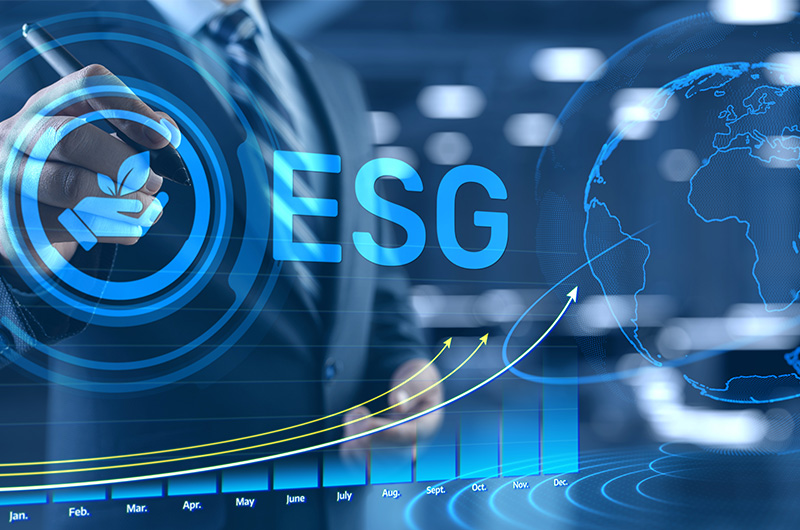The ESG advantages of an EV digital passport for stakeholders (mining companies, refiners and active material producers, cell/module/battery manufacturers, EV OEMs, and recovery/recycling companies) are numerous. Here are just a few examples:
- End-to-end and real-time supply chain and channel visibility
- Certification of a proof of origin as well as the ESG and safety of materials/components
- Standardized authentication to demonstrate the achievement of sustainability goals
- Reduction or even the elimination of fraud and counterfeiting
- Improved operational intelligence
- Monitoring of inventory levels based on health scores and lifecycle stage
- Information for accurate lifecycle assessments for the right handling, recycling, repurposing, and disposal methods
- Improved brand equity and customer loyalty
Many supporters of the battery passport also point out that, in addition to ESG performance, product improvements can be achieved thanks to accessing to EV battery passports. Technology, design and cost improvements for EV batteries will undoubtedly evolve as R&D teams analyze passport data.
Industry analysts indicate that companies, faced with the cold hard facts gleaned from their battery passports, maybe incited to work with local suppliers for the sourcing of minerals, materials, and other supply chain operations; accountability and transparency will lead to local and just value creation, supporting both communities and surrounding ecosystems.
Outside the value chain—but equally important—government institutions, NGOs, auditors, and even consumers would benefit from complete transparency, guiding them in the creation of better policies and regulations that could elevate ESG initiatives even further.
Furthermore, EV battery passports will likely be used to set standards to award contracts and prove compliance for bidders. For example, during a 2021 meeting hosted by the Association of Mining and Exploration Companies (AMEC), analysts went so far as to say that “ESG issues are not only non-negotiable, they will impact off-take and related financing options.” As Roskill principal analyst Allan Pedersen put it: “It is my firm belief that ESG is not going to be an order winner for you or for anyone, it’s going to be an order qualifier,” he said. “You will not be invited to sit at the negotiation table if this is not part of your company DNA, and that you can demonstrate it.”
The digital battery passport is a critical lever to help develop a better value chain for both EV batteries and electrified vehicles as a whole. Stakeholders need to operate in conformance with internationally agreed-upon principles, with full public disclosure, and work collectively to act more sustainably. And new technological platforms, like the EV battery passport, will undoubtedly help them achieve their ESG goals.







